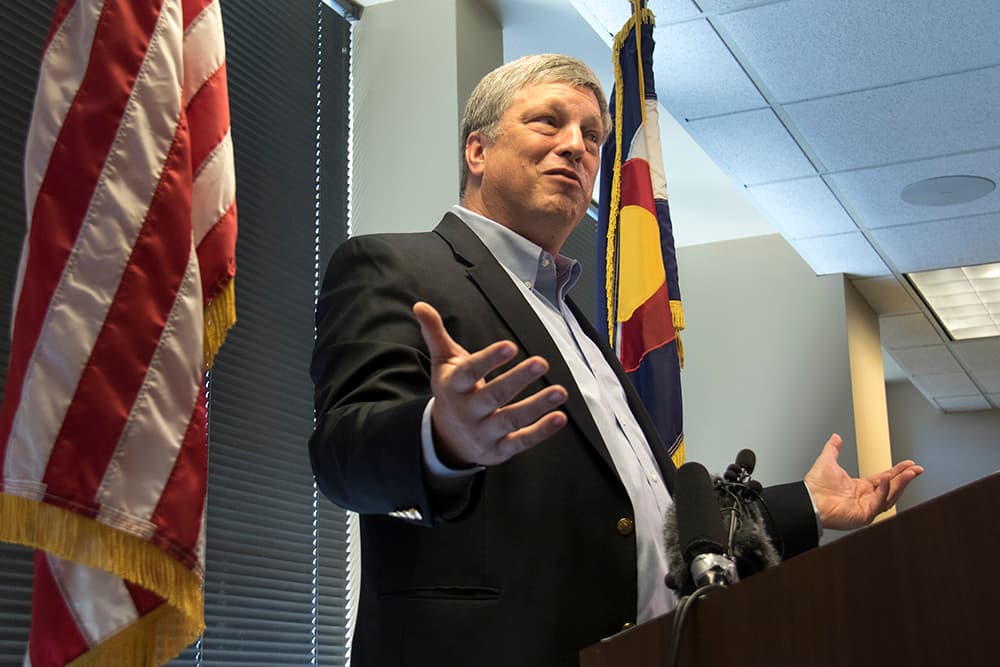Friday is the date that Colorado would have turned over publicly available voter information to the Presidential Advisory Commission on Election Integrity, the group convened by President Donald Trump after he claimed without evidence that between 3 million and 5 million people voted illegally in the 2016 presidential election.
That's not happening just yet because the commission is waiting on a ruling in a lawsuit against what some have called a fishing expedition. In the meantime, 3,394 people have withdrawn their voter registration in Colorado between June 28 and July 13, presumably to prevent the commission from having their information.
This is according to the Colorado Secretary of State's Office.
That number represents 0.09 percent of all registered voters in Colorado, less than one-tenth of one percent.
Just 182 people took advantage of another way to prevent your information from being shared by becoming confidential voters. This option requires you to sign an affidavit under penalty of perjury that you fear for your safety if your address is public.
To review, the voter registration data that Secretary of State Wayne Williams would have released (and perhaps still will release) includes:
- full name
- address
- year of birth
- political party
- vote history (which elections you've voted in)
He will not release full dates of birth or Social Security numbers.
The publicly available information is regularly released to campaigns and political parties, and many of the states that formally rejected the commission's request nonetheless planned to release the same publicly available information as Colorado.
"It’s my hope that folks who withdrew their registration will re-register, particularly once they realize that no confidential information will be provided and that the parties and presidential candidates already have the same publicly available information from the 2016 election cycle," Williams said in a emailed statement.













